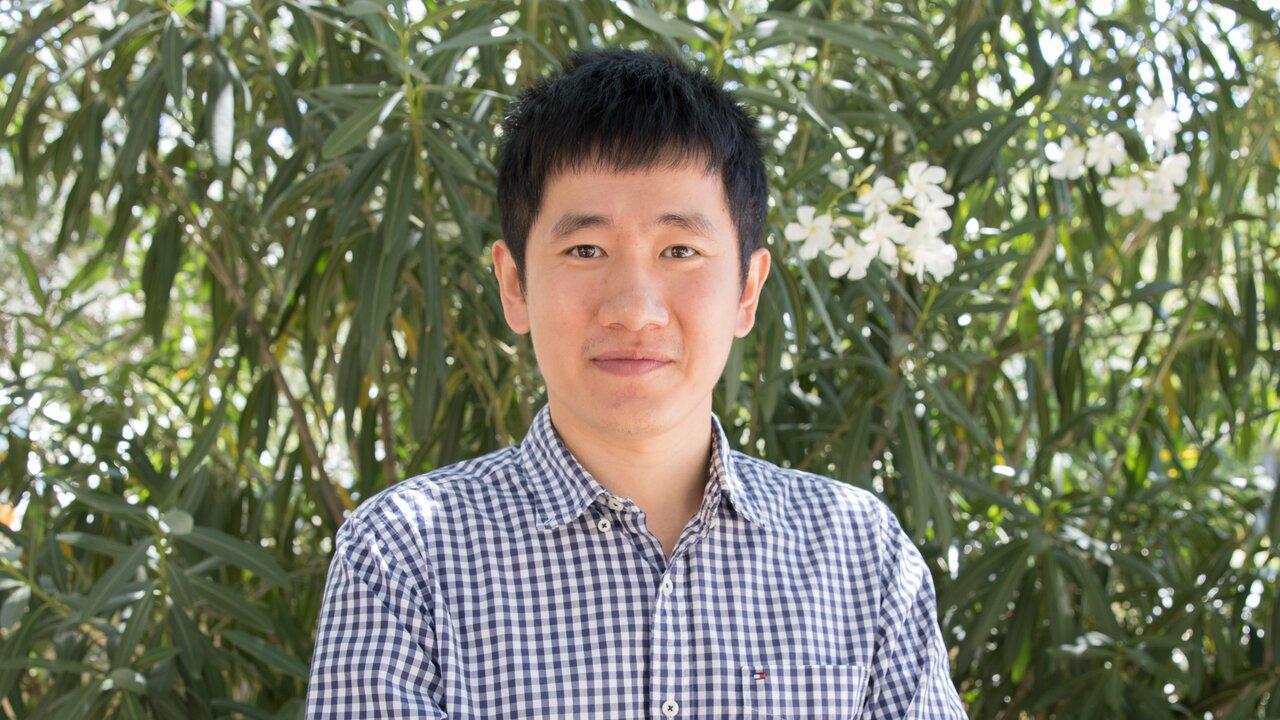
Xinfan Lin Elected IEEE Senior Member
Mechanical and Aerospace Engineering Associate Professor Xinfan Lin was recently elected a senior member of the Institute of Electrical and Electronic Engineers (IEEE). Senior membership is the highest grade that IEEE candidates can apply for. Achieving this honor requires ten years as an engineer, scientist, educator or originator in IEEE-designated fields with five years of significant performance.
“I greatly appreciate this recognition by IEEE,” said Lin. “These applications are all important constituents of the emerging clean energy and transportation revolution.”
Lin is interested in enabling next-generation energy systems with advanced learning and diagnostics capability. His lab is devoted to energy system control and management for transportation and energy storage applications, including first- and second-life battery systems, electric vehicles (EV), unmanned aerial vehicles (UAV), electric vertical takeoff and landing (eVTOL) vehicles, and spacecraft power systems.
“The key issue we try to resolve is how to use the (limited) amount of data collected during real-time operation to infer the health and future performance of the systems in a fast, accurate and autonomous way,” Lin explained.
Large complex energy systems require a multitude of single-cell units that need to be individually monitored and controlled using sensors deployed throughout the system. Due to constraints such as cost, system uncertainty, and a limited amount of sensors available, battery management systems are susceptible to estimation and control errors. Optimizing battery performance requires accurate and non-invasive internal state readings that assess how much the battery has degraded and if it's safe to use the power it has left.
Lin has been a pivotal member of the systems and control research community for his work in designing and evaluating energy management frameworks for batteries, EVs and UAVs. He received the National Science Foundation Early Career Development (CAREER) award in 2021 and was granted five years of funding for his research project on “Active Learning of Second-Life Battery Systems by Combining Reinforcement Learning Principles and Device Physics".
He received his B.S and M.S degrees in automotive engineering from Tsinghua University in Beijing, China and his mechanical engineering Ph.D. from the University of Michigan at Ann Arbor. Prior to becoming faculty member, Lin was a research engineer at Ford Motor Company and developed sub-systems and battery management systems.
